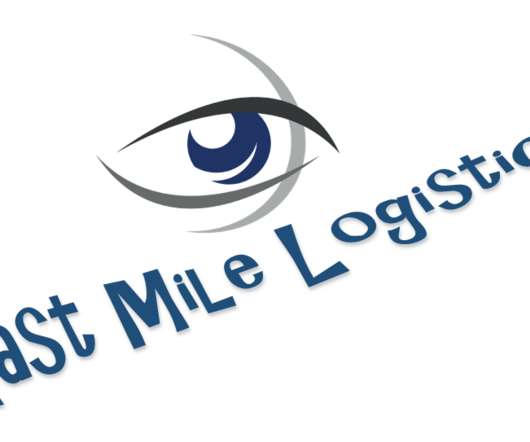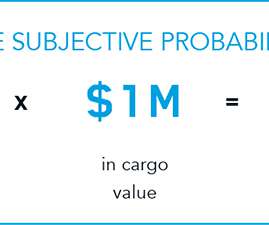The Growing Importance of Last Mile Logistics
Enterra Insights
APRIL 20, 2021
The growing e-commerce trend also demonstrates the importance of omnichannel retail strategies. Companies that master omnichannel operations will thrive in the years ahead — if last-mile logistics can keep up. .” That’s what makes last-mile delivery so important in the age of e-commerce. ” Outdated technology.
















Let's personalize your content